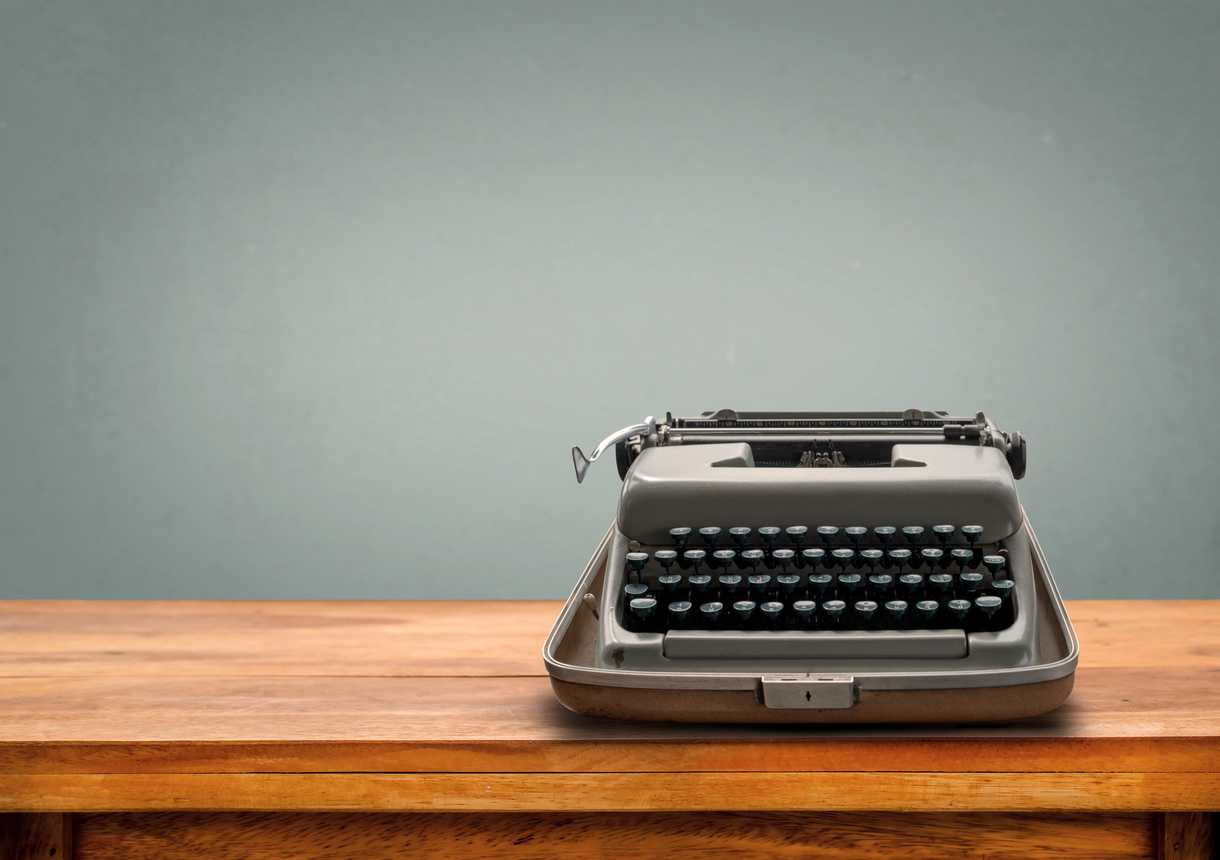I’ve been thinking about endings lately. Partly it’s the gloom, two days of solid grey and rain is as depressing for me as it is for Shirley (my dog). We live in a world of planned obsolescence, where products aren’t designed or built for the long haul – the new phone is made in the knowledge that the goal is to encourage the purchase of another new phone in just a few years, the tv, laptop, all the accoutrements of modern society are built to be traded in and upgraded.
I wonder if we’re moving to a world in which our relationships function in the same way. We all crave stability and a solid ground on which to stand, but at the same time the world only becomes more vertiginous. So on the one hand we have an impulse to grab onto something and hold tight, to cling to it – a person, a career, a place, a religion or belief system – and on the other hand we live in a world in which we are taught that things are designed to work for us, that nothing – the workplace, the technology, the people – is going to stand firmly in our corner, so why should we stand firmly in its corner? The lover could leave at any time, when the next better thing comes along, could toss us into the bin the same way we’d do with an old cellphone when then newer sexier model comes along – so why not strike preemptively, and think of him or her in the same way, as having a certain use value, but also as ultimately being disposable?
I look at long-term relationships – the marriages of older couples I know, like my ex-wife’s parents, and I see this kind of life of accommodation, in which neither person seems happy, but in which neither person is alone. Is that kind of accommodation worth making? I know that I wasn’t happily married, but I also know that being alone doesn’t feel very good either. And probably men are more lonely than women – most men I know simply have fewer friends than the women I know. So maybe we’re more willing to stick in bad relationships for that reason, because of our fear of being alone, while the women are more likely to throw us over in favor of pursuing something better, the way you’d leave one yoga studio for another if the right deal presented itself.
Is one a better method than another of making your way through life? Could there be a middle ground? What does it take for a couple to learn and grow together, or to reconnect when things have broken down?
It’s funny, in my teaching I focus on using the tools of improvisation to help teachers rethink teaching, and to engage more fully with their students as partners in the learning process. I wonder if there is some way this principle could be applied to relationships – if couples could learn to improvise together. More and more I’m feeling like thinking and the tools of psychology just aren’t what we need as people, but that play and games, improvisation, and a way of thinking of ourselves as creating ourselves and recreating ourselves in the moment, rather than having some kind of deep psychology, is a more useful model for understanding how to be a person, or a person in relation to other people.
This doesn’t get around the original dilemma, though, the question of when it is worth continuing to invest in a relationship, versus when it is time to invest one’s energy elsewhere. And I hate the economic language I’m using to describe this here, and wonder whether this economic way of looking at things might be part of the problem. Maybe the present-focused play of improvisation – of actually looking at and listening to the person across the table, on the other end of the phone or text conversation – offers a way out of this question as well. Maybe we need to invest more in that kind of play, but then also learn to recognize when the play loses its fun?
